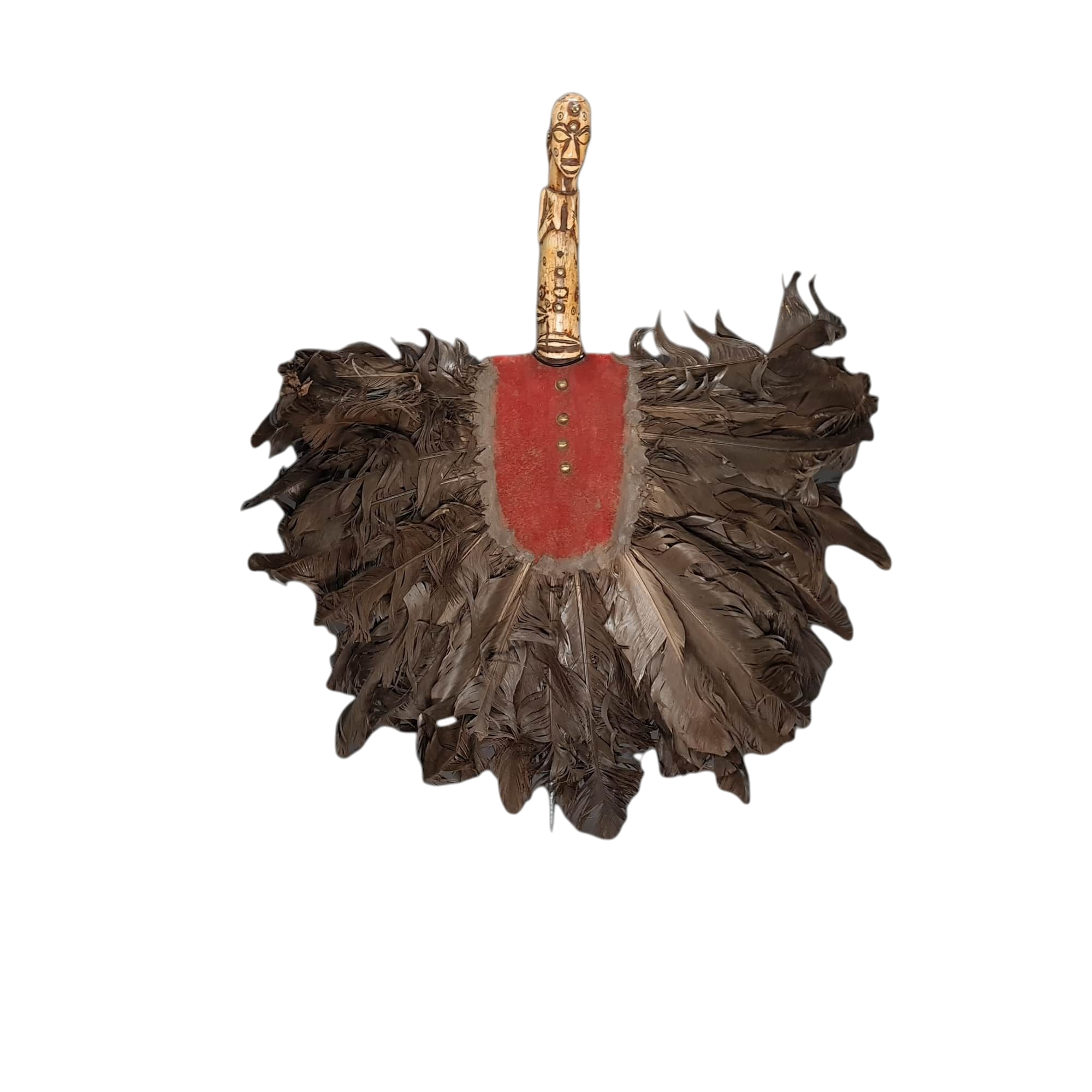The Tikar are an ethnic group in Cameroon, primarily located in the highlands of the western region. Their culture, history, and traditions are rich and diverse. Here are some key points about the Tikar:
History and Origins
- Origins: The Tikar claim distant origins linked to kingdoms in the north and east of Africa. According to their oral traditions, they migrated to their current location through several waves over the centuries.
- Kingdoms: They established several kingdoms in the region with well-organized political structures and a strong social hierarchy. The most well-known of these kingdoms is Bankim.
Culture and Society
- Social Organization: Tikar society is hierarchically structured, with a king (fon) at the top. The king is considered a sacred figure and plays a central role in religious and cultural ceremonies.
- Rites and Ceremonies: The Tikar celebrate various ceremonies and rites of passage, many of which revolve around royalty and ancestral spirits. Funerals, weddings, and initiation rites are significant events in the community.
- Craftsmanship: The Tikar are renowned for their craftsmanship, particularly wood carving, masks, fans, and objects made of bone and metal. Their creations are often richly decorated and symbolically significant.
Religion and Beliefs
- Traditional Beliefs: Traditional Tikar religion is polytheistic, with a belief in many spirits and deities. Ancestors also play a central role in Tikar spirituality.
- Rituals: Religious rituals and ceremonies are commonly practiced to honor spirits and ancestors, ensure the community's protection and prosperity, and mark important life events.
Language
- Language: The Tikar speak Tikar, a Bantu language. Many also speak French, the official language of Cameroon, especially in urban areas.
Craftsmanship and Art
- Sculpture: The Tikar are famous for their wood carvings, which include human figures, masks, and ritual objects. These sculptures are often used in religious ceremonies and are highly valued in the art world.
- Masks and Fans: Tikar masks, often used in ritual ceremonies, and fans, as mentioned earlier, are also important examples of their craftsmanship.
Cultural Importance
- Heritage: The Tikar have a rich culture that significantly contributes to Cameroon's cultural diversity. Their traditions and crafts are studied and admired by anthropologists and art enthusiasts worldwide.
- Influence: Tikar culture has influenced neighboring ethnic groups, and there is a dynamic cultural interaction between the Tikar and other communities in the region.
In summary, the Tikar of Cameroon are a people with a rich history, a complex social organization, and a flourishing artistic culture. Their craftsmanship, beliefs, and traditions continue to play a central role in their cultural identity and are recognized and respected worldwide.
